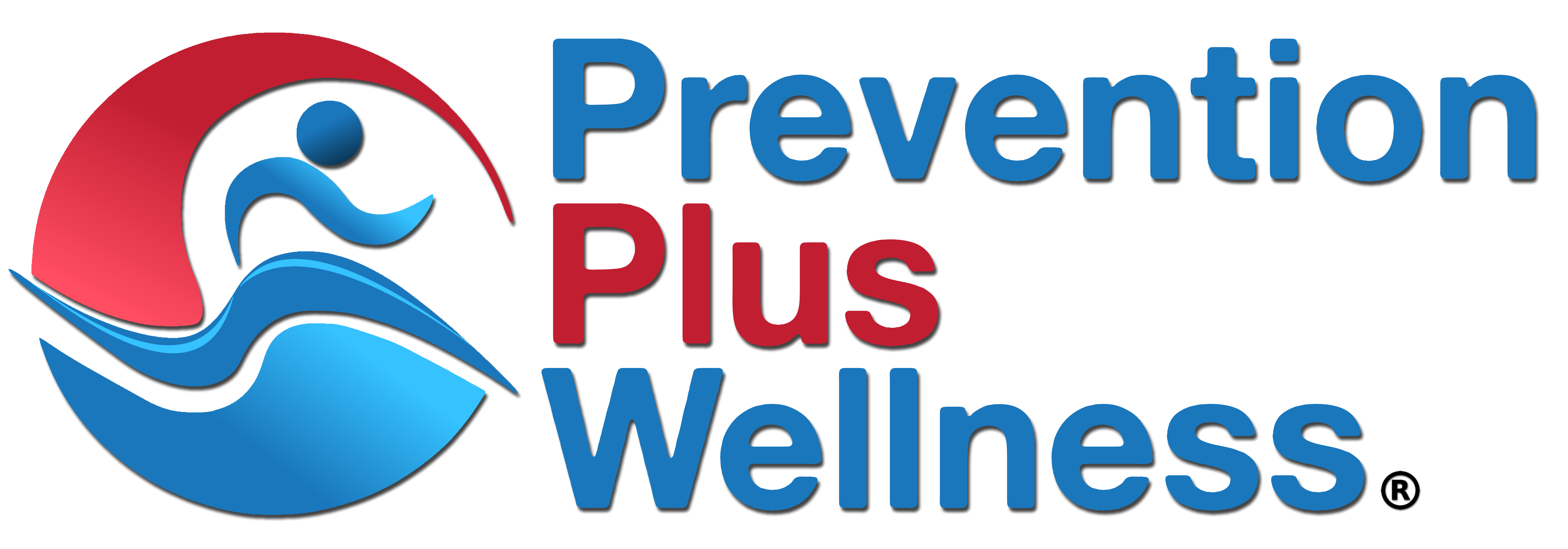A new study published in Addictive Behaviors (2022) examined high school students’ cannabis sleep aid use in terms of psychosocial correlates and prospective associations with substance use and sleep.
Students reporting lifetime cannabis sleep aid use (8%) endorsed greater depression and anxiety symptoms at year-one, as well as greater cannabis, alcohol, and cigarette use (but not insomnia symptoms or sleep durations) at year-one and year-two, compared to non-using peers.
Over one year, cannabis sleep aid use was associated with increased cannabis dependence symptoms among students using cannabis, past-2-week binge drinking among students using alcohol, and lifetime cigarette use.
The authors concluded that cannabis sleep aid use among high school students may be associated with exacerbated cannabis dependence symptoms and increased binge drinking and cigarette use over time, without the intended sleep benefit.
These results suggest that screening high school students for use of cannabis as a sleep aid may identify youth at risk for future substance misuse.
Substance use prevention programs should inform adolescents that using cannabis as a sleep aid is not only ineffective but may increase their risk for future substance use problems.
Read the expanded study abstract: https://www.sciencedirect.com/science/article/abs/pii/S0306460322001939

